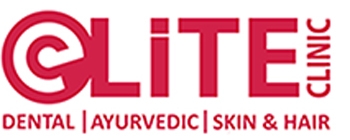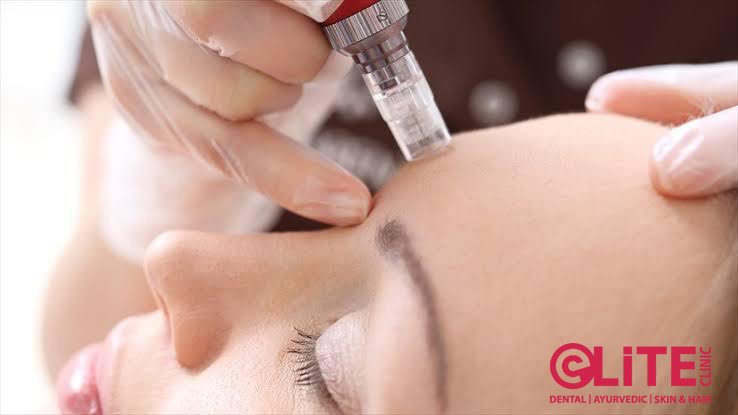
3rd World Atopic Eczema Day
World Atopic Eczema Day was launched in 2018 to raise awareness about the disease globally and across Europe through an initiative coordinated by the International Alliance of Dermatology Patient Organizations and the European Federation of Allergy and Airways Diseases Patients’ Associations (EFA).14th September 2020 marks the 3rd World Atopic Eczema Day.
Atopic Eczema or Atopic Dermatitis is a chronic and pruritic inflammatory skin disorder. The cause of the disease is multi-factorial and not yet ascertained. It is believed to be caused due to defects in skin barriers and mal-functioning of the Immune System. The disease, although a skin disease, but has a far-reaching impact on a person’s life and that of family. The visibility of rashes and disease affects the self-esteem and confidence of a patient and the itchiness leads to a lack of proper sleep. This affects the psycho-social and economic lifestyle of a person.
The treatment plan for Atopic eczema is a symptomatic one. Caring and treating at an earlier stage is better to reduce any discomfort and scarring. Let us discuss the basic diagnostic criteria on this World Awareness day of the disease to know if you or your acquaintances are suffering from it.
Non-invasive basic diagnosis
- The foremost important criteria are itching skin.
- In Older Children or Adults:
- History of itchiness in skin creases.
- History of asthma or allergic rhinitis.
- History of dry skin in last year
- Visible inflammation on bends and folds of skin like elbow, knees, etc.
- Children less than 4 years:
- History of itchy cheeks.
- Eczema i.e. inflammation of cheeks, forehead, outer limbs, etc.
- History of atopic disease i.e. allergic reaction to pollen, dust mites, some food, etc. in parents, siblings, etc.
Symptoms of the disease are similar to many diseases like seborrheic dermatitis, nummular dermatitis, allergic contact dermatitis, etc. The symptoms vary from disease to disease but due to their similarity, can be easily misdiagnosed. The intensity of the disease increases with time and may be accompanied by asthma and allergic rhinitis. It may also lead to bacterial infections, Kaposi varicelliform eruption, and Urticaria.
Measures to maintain Skin health
To counteract the effects of the disease, taking care of skin is important. Maintaining skin health until you have consulted with a doctor is necessary to lower the risk of increasing it. Some general measures are the following
- Hydrating skin using moisturizer to maintain skin barrier health.
- Avoid contact with irritants or allergen lest you might aggravate the disease.
- Dietary supplements such as
- Primrose oil
- Omega-3
- Vitamin D
- Probiotics
- Keeping the atmosphere in your surroundings humid using a humidifier.
- Proper diet to provide proper nutrition to the skin.
The treatment plan for the disease is symptomatic treatment. Therefore it involves customization on the basis of the symptoms and disorder. Correct diagnosis and treatment on the onset of the disease become imperative.
Visit your Dermatologist to know more about the disease if you see any of the aforementioned signs.







